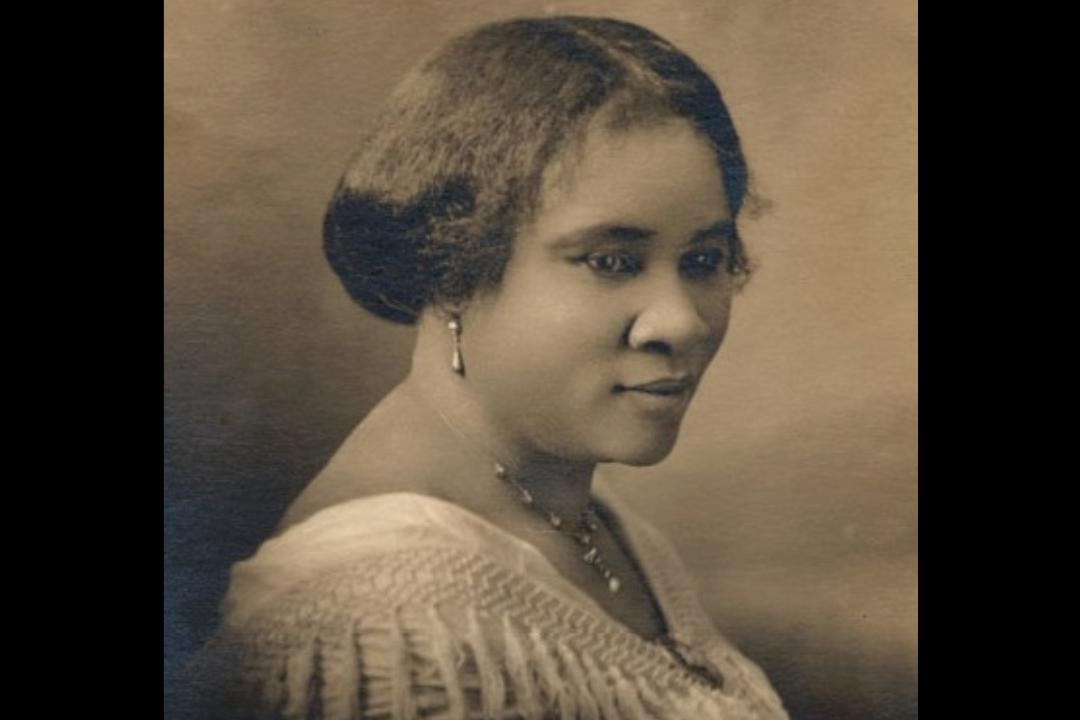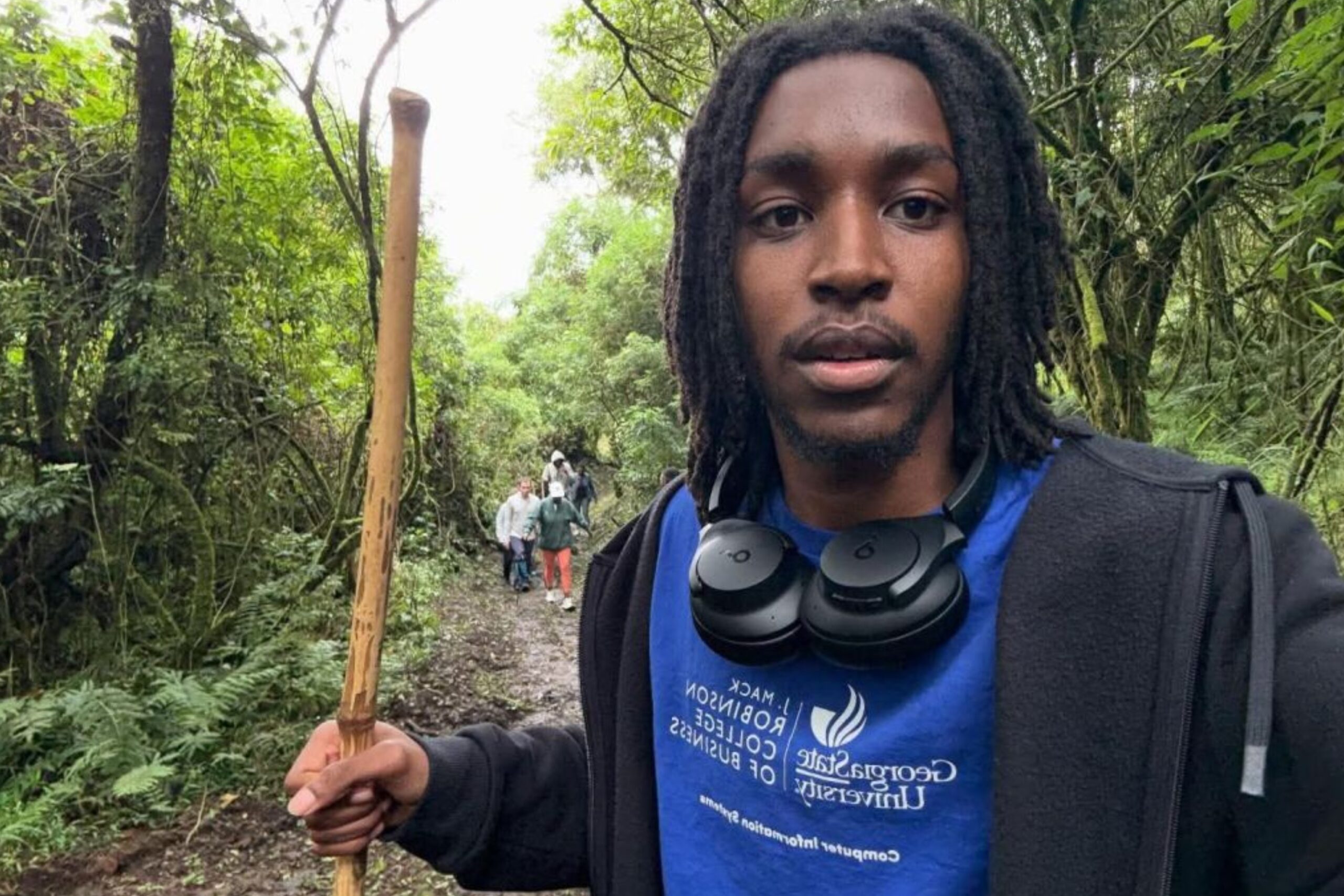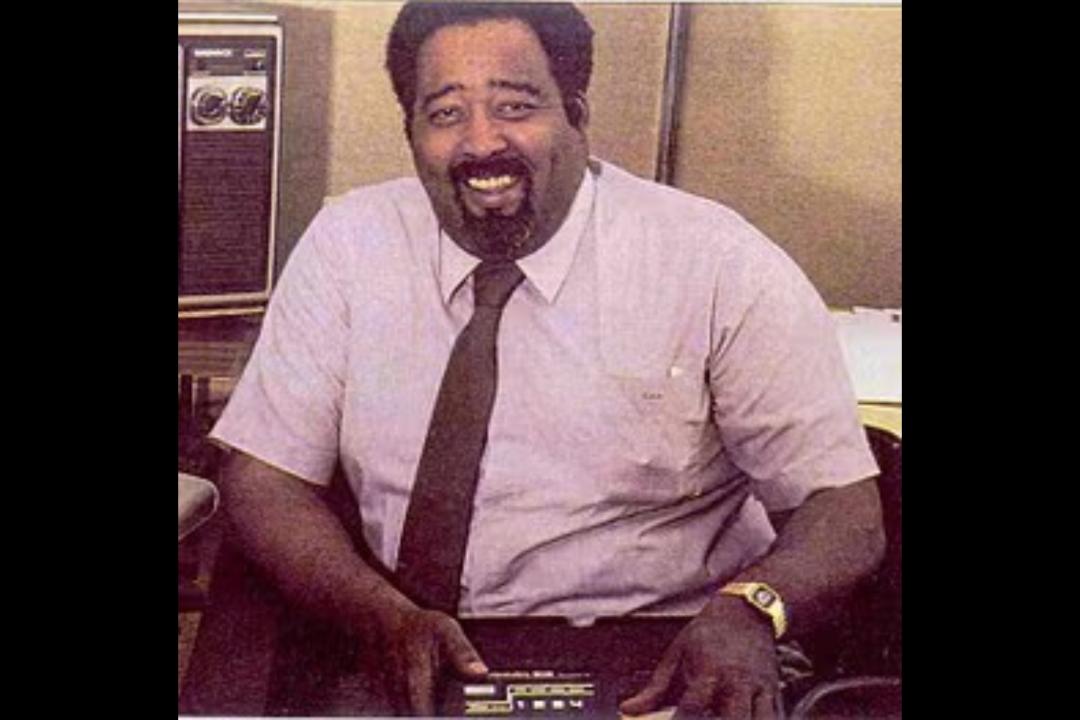Public outrage and grief gripped Charlotte after 23-year-old Ukrainian refugee Iryna Zarutska was fatally stabbed without warning aboard a Charlotte Area Transit System (CATS) light-rail train on August 22, just before 10 p.m.
The Attack and the Victim
Surveillance footage released by CATS captures Zarutska boarding the train and sitting in an aisle seat ahead of the attacker, Decarlos Brown Jr., 34. At around four minutes into the ride, Brown—wearing an orange sweatshirt—pulled a knife and stabbed her three times, including at least once in the neck, before calmly walking away. He was arrested shortly after the train stopped at the East/West Boulevard station. Zarutska was pronounced dead at the scene.
Originally from Kyiv, Zarutska had fled to Charlotte in 2022 to escape the war, settling with her family. She worked at a pizza parlor, studied English at a community college, and aspired to become a veterinary assistant
The Accused
Brown was arrested immediately and initially charged with first-degree murder on August 28. He has a long criminal record—including convictions for robbery with a dangerous weapon, assault, breaking and entering, and misuse of the 911 system—and has diagnosed schizophrenia. At the time of the stabbing, he was homeless and free on a cashless bail system, a point that has drawn sharp criticism.
Brown’s sister says he was plagued by severe delusions—he believed Zarutska was reading his mind and that “materials” implanted in his body were responsible for the attack.
Federal Charges and Political Fallout
On September 9, the Department of Justice announced a federal indictment against Brown for committing an act causing death on a mass transportation system, a charge that carries a potential death penalty or life imprisonment.
Attorney General Pam Bondi criticized local policies, calling Zarutska’s death the result of “failed soft-on-crime policies” designed to protect criminals over innocent victims . President Trump also weighed in, demanding Brown receive a “Quick Trial” and “THE DEATH PENALTY,” fueling a partisan debate over urban crime and mental health policy.
Local response has also been strong. Charlotte Mayor Vi Lyles admitted shortcomings in the justice system and pledged to improve transit safety. North Carolina Governor Josh Stein expressed heartbreak and called for more law enforcement and preventive measures . Meanwhile, Mecklenburg County District Attorney Spencer Merriweather acknowledged the criminal justice and mental health systems failed to prevent tragedies like this, and emphasized the need for systemic reform, including better resources and more stringent pre-trial release scrutiny.
Aftermath and Broader Impact
The killing of Zarutska, a refugee who sought refuge and opportunity in the U.S., has sparked widespread sorrow and intensified scrutiny of mental health care, bail policy, and public safety on mass transit. Outrage is compounded by the chilling silence of bystanders and stark surveillance footage that captured the violence without forewarning or intervention.
In the weeks ahead, Brown’s next court appearance is scheduled for September 19, where the legal battle over what kind of justice is served—and whether it may include capital punishment—will begin.
This tragic case remains at the center of national debate over mental health, crime policy, and public safety—raising urgent questions about how to protect vulnerable communities and prevent such senseless violence.





